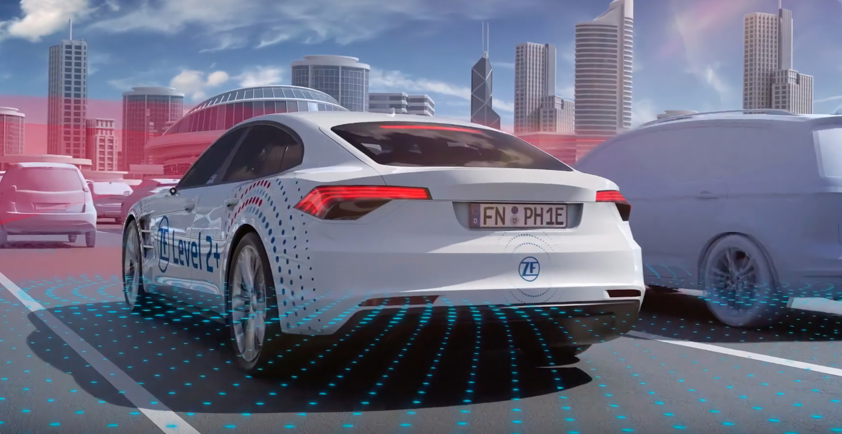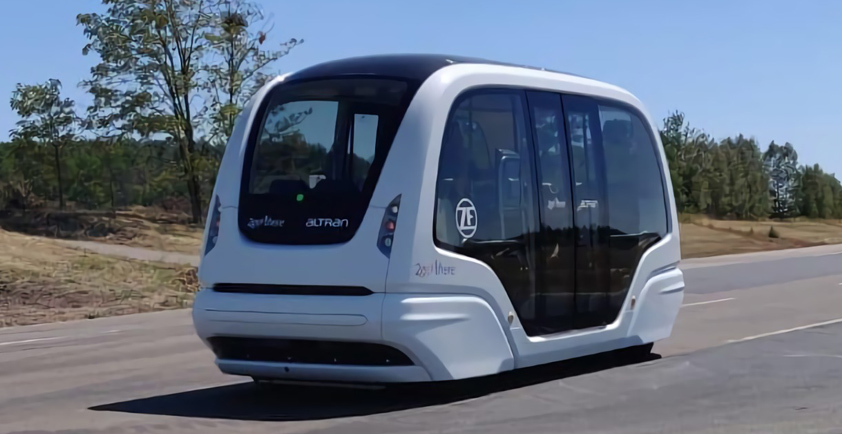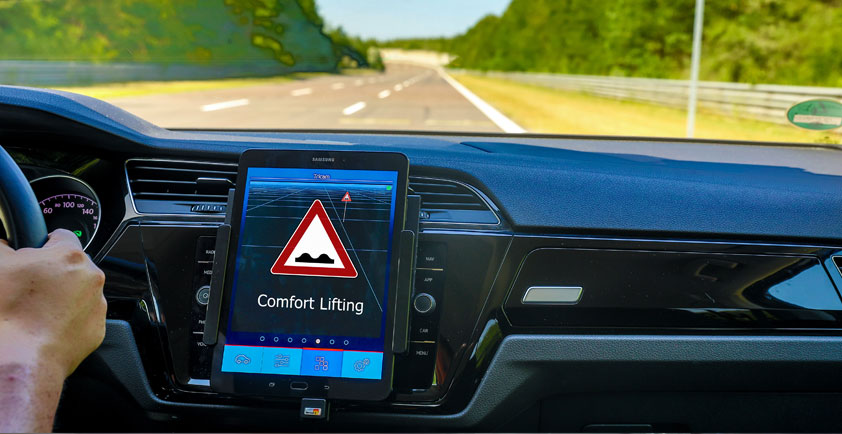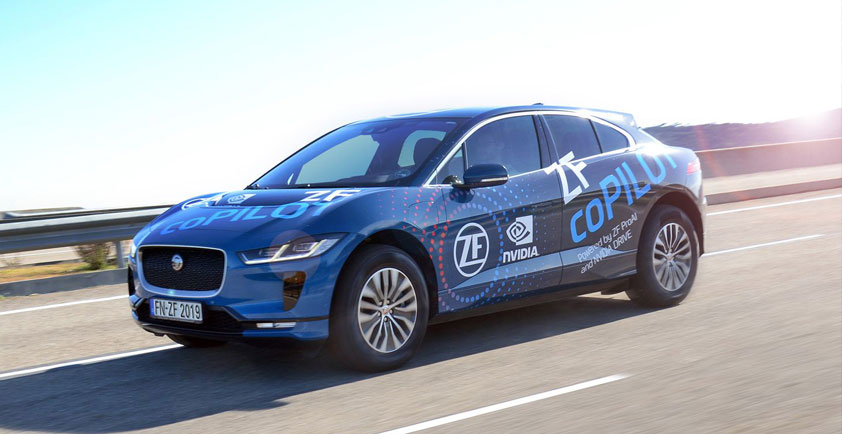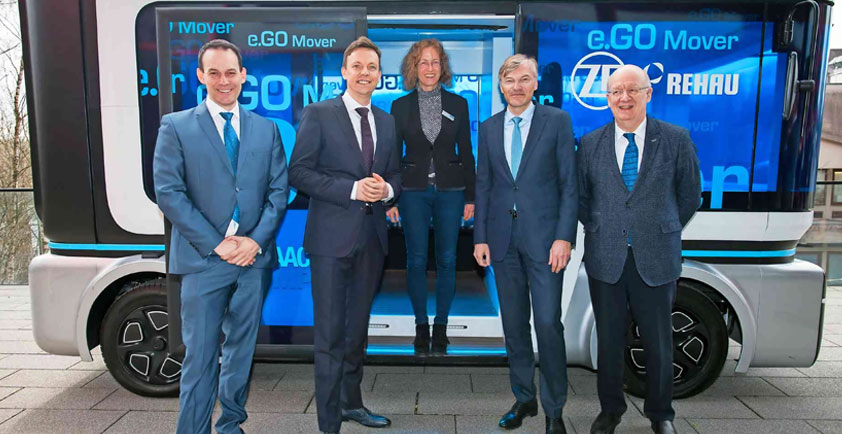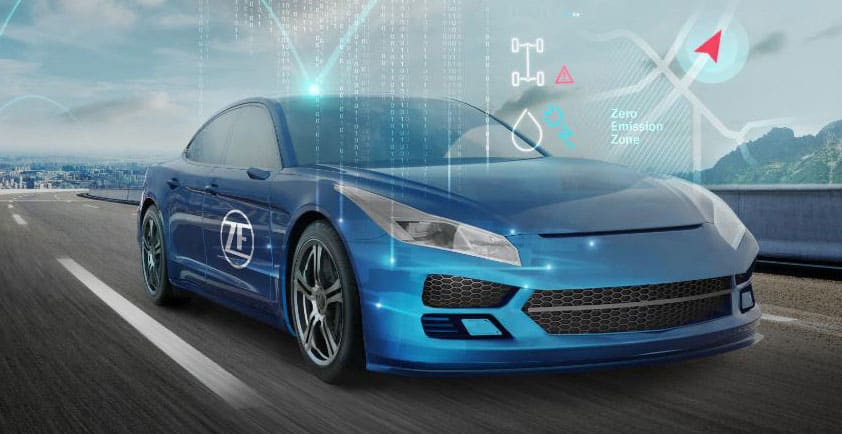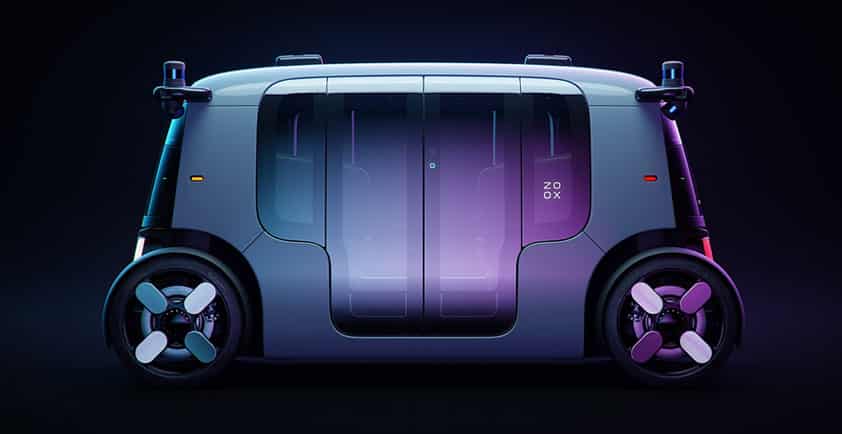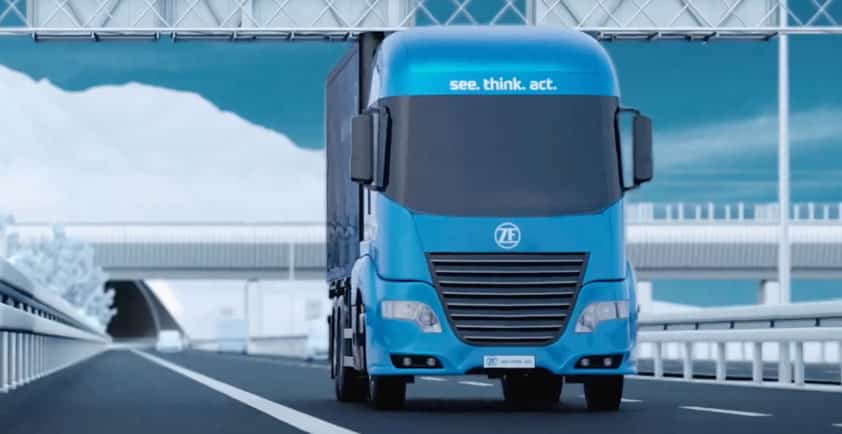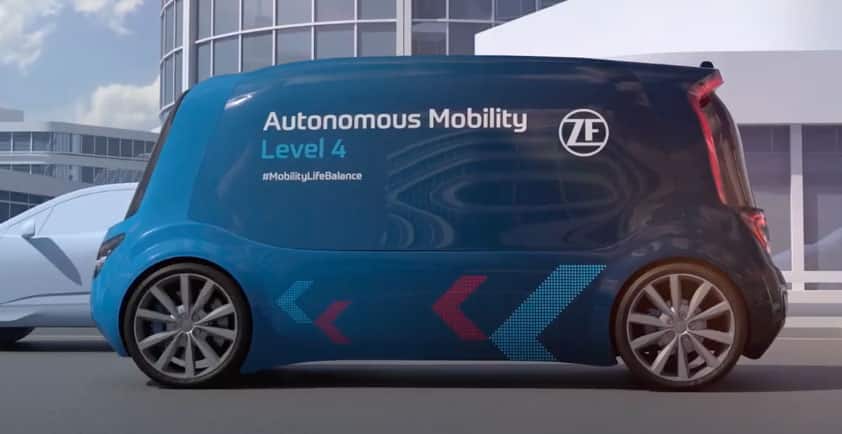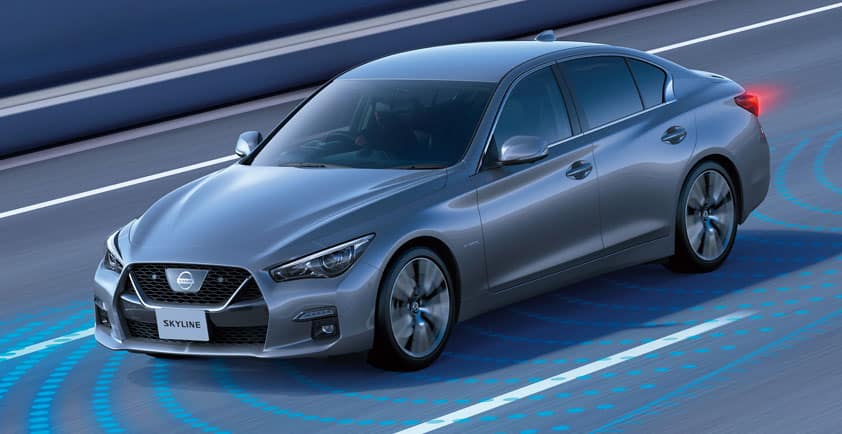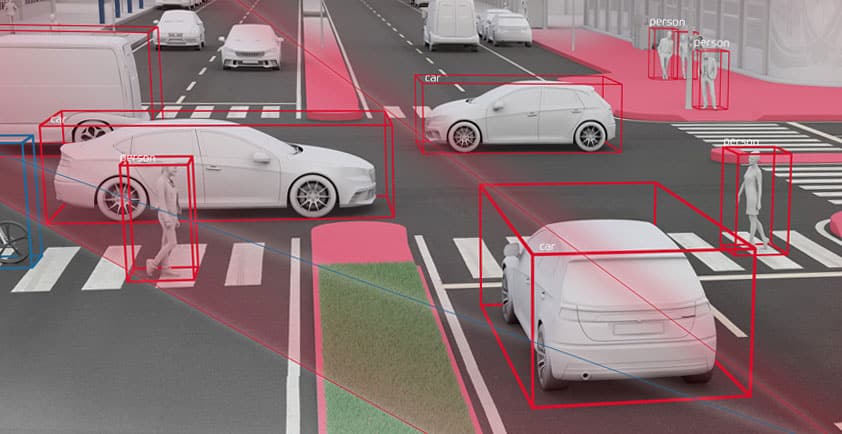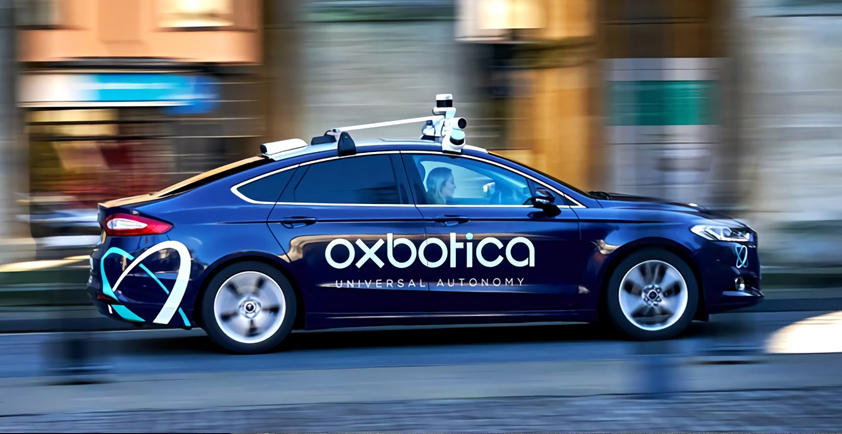
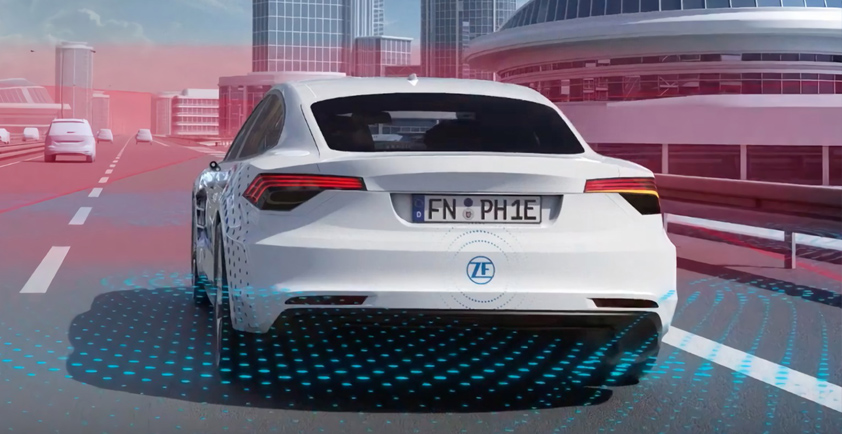
LEVEL 2+ AND LEVEL 4: AT CES, ZF HIGHLIGHTS PROGRESSION TOWARD AUTOMATED DRIVING
>> Level 2+ entry system for passenger cars makes luxury class comfort and safety features accessible – for well under $1,000 US dollars
>> Commercial vehicle manufacturer contracts ZF to develop the Electronic Control Unit (ECU) for a Level 4 fully automated driving system
>> Collaboration with Microsoft accelerates transformation of ZF to a provider of software solutions
Friedrichshafen / Las Vegas. Automated and autonomous driving are important technologies in helping make the traffic of the future safer, more efficient and more comfortable. Depending on the application, the market demands different solutions: For the time being, intelligent assistance functions, so-called Level 2+ systems, have the greatest potential for passenger cars. In contrast, fully automated systems of level 4 and higher will likely become established in commercial vehicles and urban passenger transport. This is proven by new orders which ZF has received from car and commercial vehicle manufacturers.
ZF is an attractive partner when it comes to the realization of automated and autonomous driving in a wide range of applications. ZF CEO Wolf-Henning Scheider explained why at the the 2020 CES: "ZF already offers complete systems at different price and performance levels and is active in all relevant fields of application with passenger cars, commercial vehicles, and industrial technology.”
The company has scaled its broad technology offering to meet virtually any requirement. "With ZF coASSIST, we are making a Level 2+ system for the first time, with safety and comfort functions familiar from the luxury class that can be achieved for inexpensive vehicle segments," said Scheider.
First major order for ZF coASSIST
ZF received a major order from a renowned Asian car manufacturer to supply the coASSIST Level 2+ entry-level system for passenger cars from the end of 2020. ZF’s scope of supply includes system and software development, as well as sensor technology and central electronic control unit. By combining an advanced sensor suite including cameras and radars with a central control unit, functions such as adaptive cruise control, traffic sign recognition, lane change assist, lane keeping assist and traffic jam support are enabled.
"For passenger cars, we see the greatest potential in Level 2+ concepts for implementing automated driving functions and making them accessible to all drivers," explained Scheider. Here, assistance functions are combined by an additional control unit to form a holistic, powerful and intelligent driver assistance system. The increased range of networked functions results in greater safety and comfort for the driver than with isolated driver assistance systems. Chief among the current challenges to higher levels of automation in passenger cars are the high system costs and the as yet unclarified regulatory guidance. ZF coASSIST will be available for well under $1,000 US dollars. In addition to coASSIST, ZF offers other, more powerful Level 2+ systems: ZF coDRIVE and ZF coPILOT.
Fully automated transport vehicles
"In the case of commercial vehicles, we are already seeing strong demand for systems that make fully automated driving to Level 4 and higher possible," says Scheider. While the use of fully automated passenger cars in public transport still depends on regulations, commercial vehicles can already operate in highly automated modes within closed areas or defined lanes. In addition, driverless transport at depots or in urban passenger transport offers savings potential that leads to a rapid amortization of system costs.
Based on the ZF ProAI supercomputer, ZF is currently developing the Electronic Control Unit (ECU) for a Level 4 system for an international commercial vehicle manufacturer. The market launch is scheduled for 2024/25.
ZF becomes a provider of software solutions
ZF is also setting the course for faster and more comprehensive software development: Together with Microsoft, ZF plans to adapt the speed and quality of its processes, methods, and solutions in software engineering to the level of major IT companies. This change will enable ZF to use its global resources more efficiently and to more effectively respond to customer needs. In its cooperation with Microsoft, ZF uses Azure Cloud services and developer tools as well as Microsoft's experience in agile software development. In the future, ZF will also be a supplier of pure software products in the automotive market.
"The mobility industry continues to undergo major changes. This is the reason why ZF, too, must continue to change, develop and drive transformation: We have to be able to convince our customers with innovations that offer them – and ultimately the end consumers – added value. And in the future, this will increasingly include software products and services", said Wolf-Henning Scheider.
